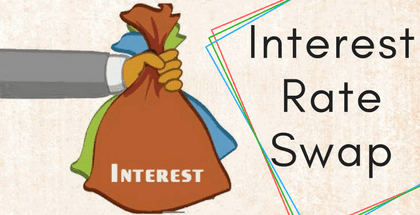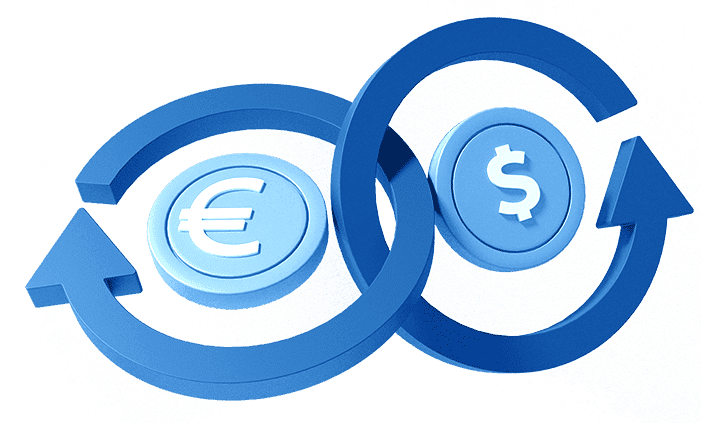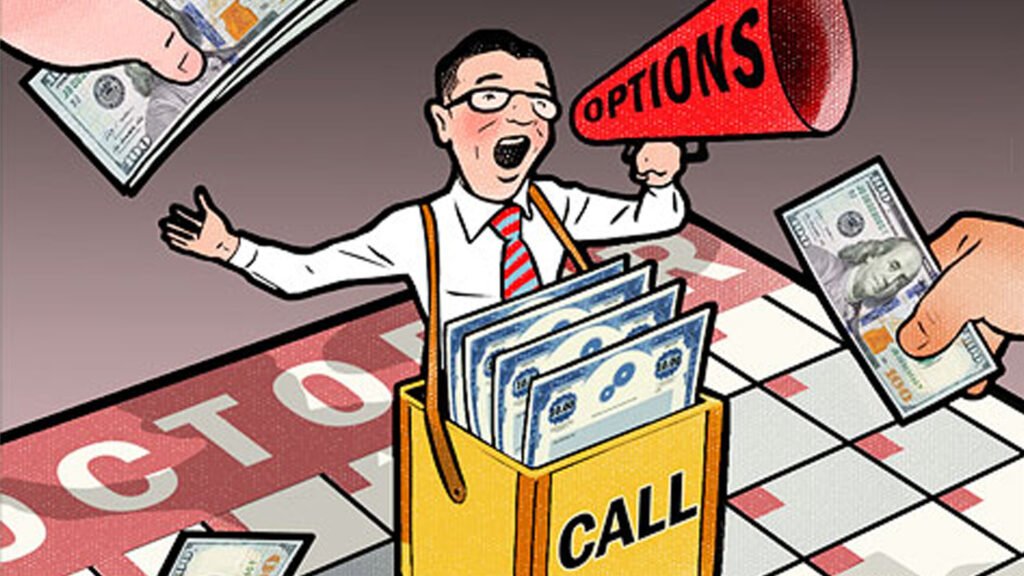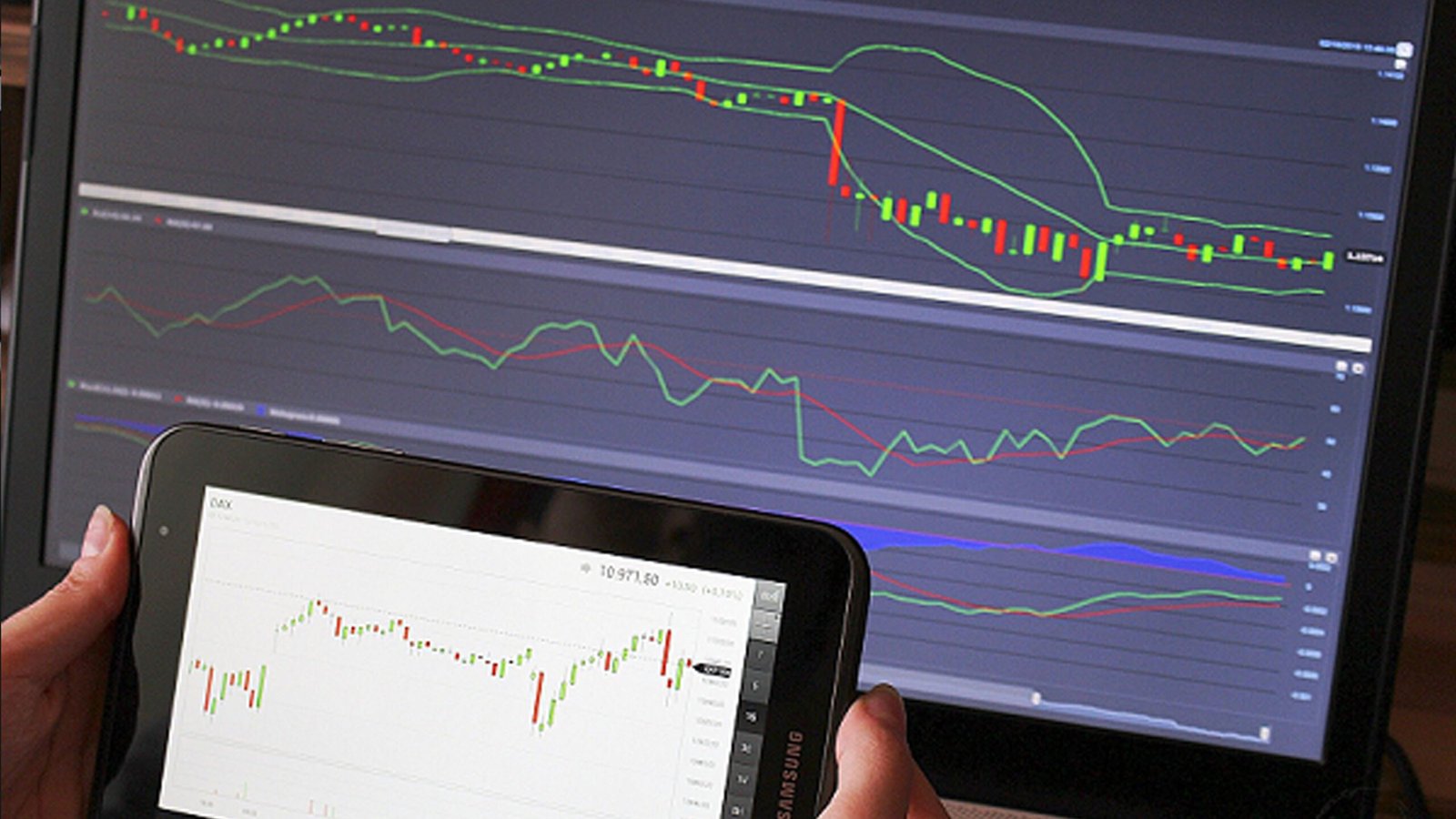Notional value
What is the notional value?
Notional value is a term often used to value the underlying asset in a derivative transaction. This can be the total value of a position, the value that a position controls, or an amount agreed upon in a contract. This term is used to describe a derivative contract in the options, futures and currency markets.
Understanding Notional Value
In market jargon, notional value is the total amount underlying a derivative transaction. The notional value of derivative contracts is much higher than the market value due to a concept called leverage.
Leverage allows you to use a small amount of money to theoretically control a much larger amount. Thus, the notional value makes it possible to distinguish the total value of a transaction from the cost (or market value) of acquiring the transaction. There is a clear distinction: the notional value represents the total value of the position, while market value is the price at which that position can be bought or sold in the market. The amount of leverage used can be calculated by dividing the notional value by the market value
The notional value of any financial instrument means the total value of the derivative contract it holds and is calculated by multiplying the total number of units present in the contract by the spot price of said units prevailing on the market.
Relevance and uses

1 - Interest Rate Swap
An Interest Rate Swap is a contract in which the parties agree to exchange future interest payments between themselves. Interest is calculated on a notional nominal amount, which is determined well in advance. Interest amounts are calculated by multiplying the applicable interest rates by the notional nominal amount. Therefore, this value serves as the basis for calculating interest.
2 - Currency Swaps
A currency swap is a kind of contract in which parties agree to exchange the principal amount as well as future interest payments represented in separate currencies. Similar to interest rate swaps, it helps calculate interest payments on the predetermined notional principal in
currency swap contracts.


3 - Stock Options
In a stock option, the holder of an option has the right to buy or sell the underlying stock at the strike price
in the future, although he doesn’t have to. The face value of the option represents the total value of the option held by an investor.
Notional value vs. Nominal value
Why is the notional value irrelevant?
This is only an imaginary figure and perhaps irrelevant for the following reasons:
It does not take into account the risk borne by the parties to a financial contract.
In the case of contracts involving interest rate swaps, it is not the notional value that plays a significant role. Instead, the fluctuation in the LIBOR rate acts as a real game changer.
Conclusion
As explained in the article, the notional value of a financial instrument represents the total value that the underlying securities hold based on the spot price. The same is used in various types of derivative contracts such as interest rate swaps, currency swaps, stock options, etc.





